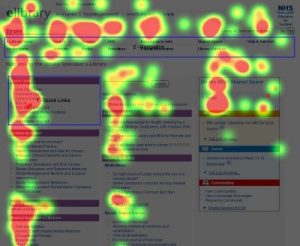The author Jim Zabloski writes, “Contrary to popular belief, I consider failure a necessity in business. If you’re not failing at least five times a day, you’re probably not doing enough. The more you do, the more you fail. The more you fail, the more you learn. The more you learn, the better you get. The operative word here is learn. If you repeat the same mistake two or three times, you are not learning from it. You must learn from your own mistakes and from the mistakes of others before you.”
Why are you avoiding failure?
The thought of failing is a paralyzing condition. It blurs your thinking and impairs your ability to decide because you think:
- You will make the wrong decisions.
- Others will think poorly of you.
These negative thoughts invade your mindset and begin to wage war against your confidence, leading you to surrender your decision making to others. Fortunately, it is not too late to reverse course. You understand that failure is not something to be avoided — it is something that you must embrace if you are to lead yourself and others.
What is the plan for managing your inaction?
You need to place your success on a keystone attribute — the motivation and willpower to push through your fears by defining your fears. How — by writing down the potential cost of your inaction.
Take, for example — “I want to quit my job, but I am not sure if it is time.” You continue, “The job market is not that great. I have job security. I am comfortable.” While those thoughts might be real, what is the potential cost of your inaction?
Create a list documenting all the things that will happen if you do not leave your job — specificity is crucial.
- List 1 — in six months, what will be the impact of your inaction:
- If I stay at my job, it is highly unlikely that I will be promoted.
- If I stay at my job, it is highly unlikely that I will get a raise.
- If I stay at my job, I will become miserable, affecting my confidence.
- If I stay at my job, I will never be able to provide my family with a better lifestyle.
- If I stay at my job, I will never find my true calling.
- If I stay at my job, I will begin to submit sloppy work, which might cost me my job.
Failure Will Slow Your Decisions
Perform this exercise regularly. You want to get familiar with your fears. You want to understand the cost of your inactions. As you run through this exercise, you learn what works, what does not work, and what others have done before you.
If you do not take this one simple action, you will be a prisoner of your fears.
Business & Finance Articles on Business 2 Community
(75)







